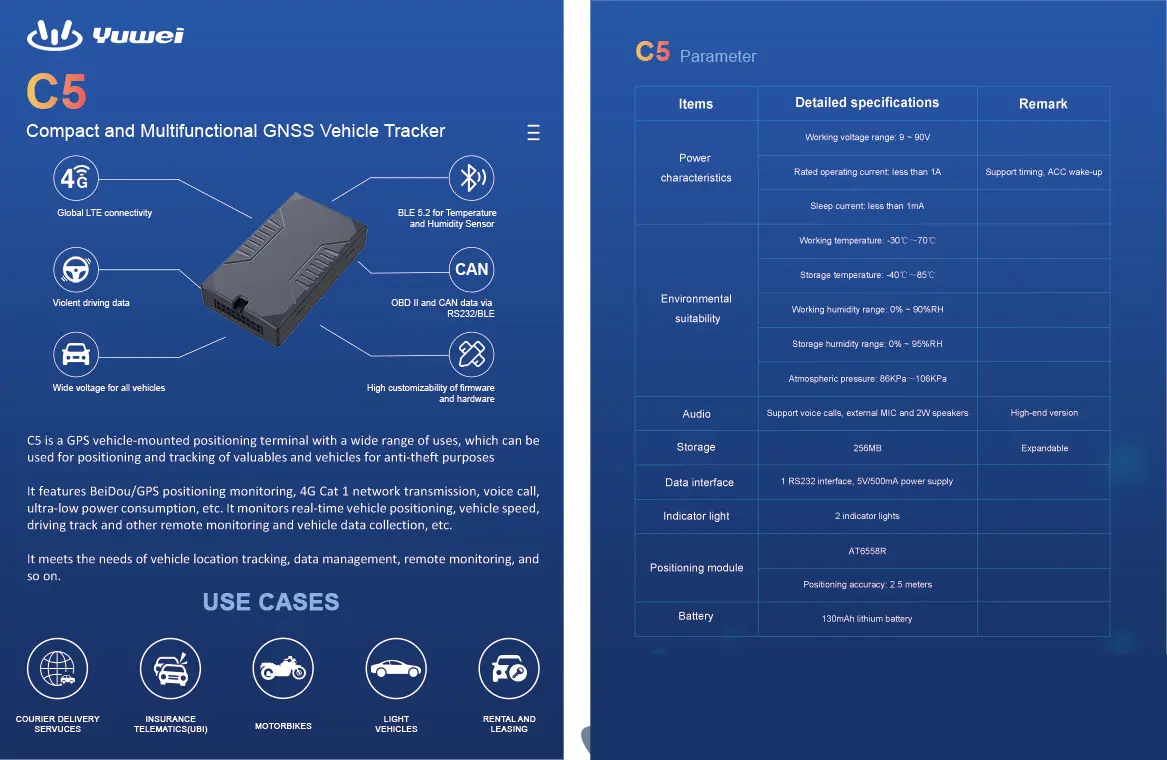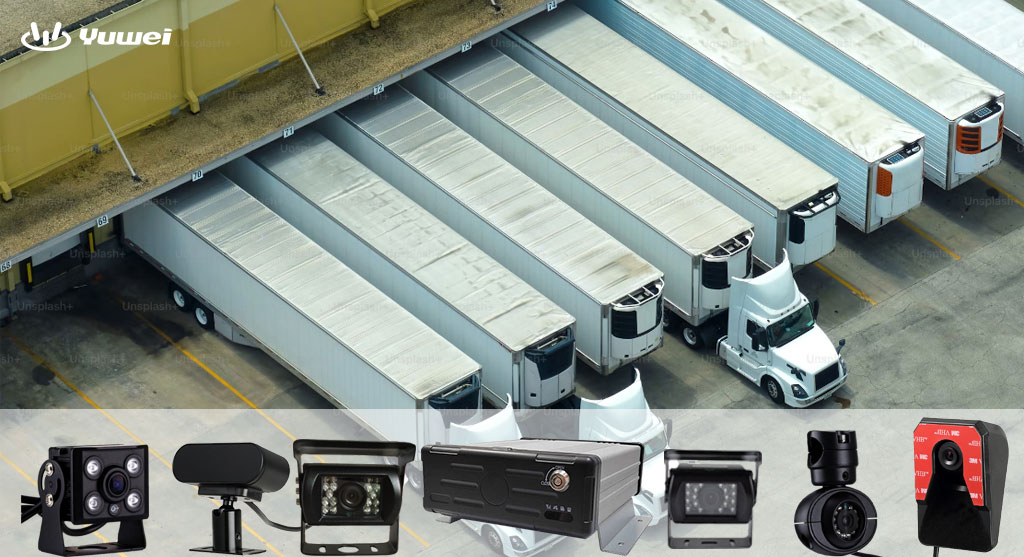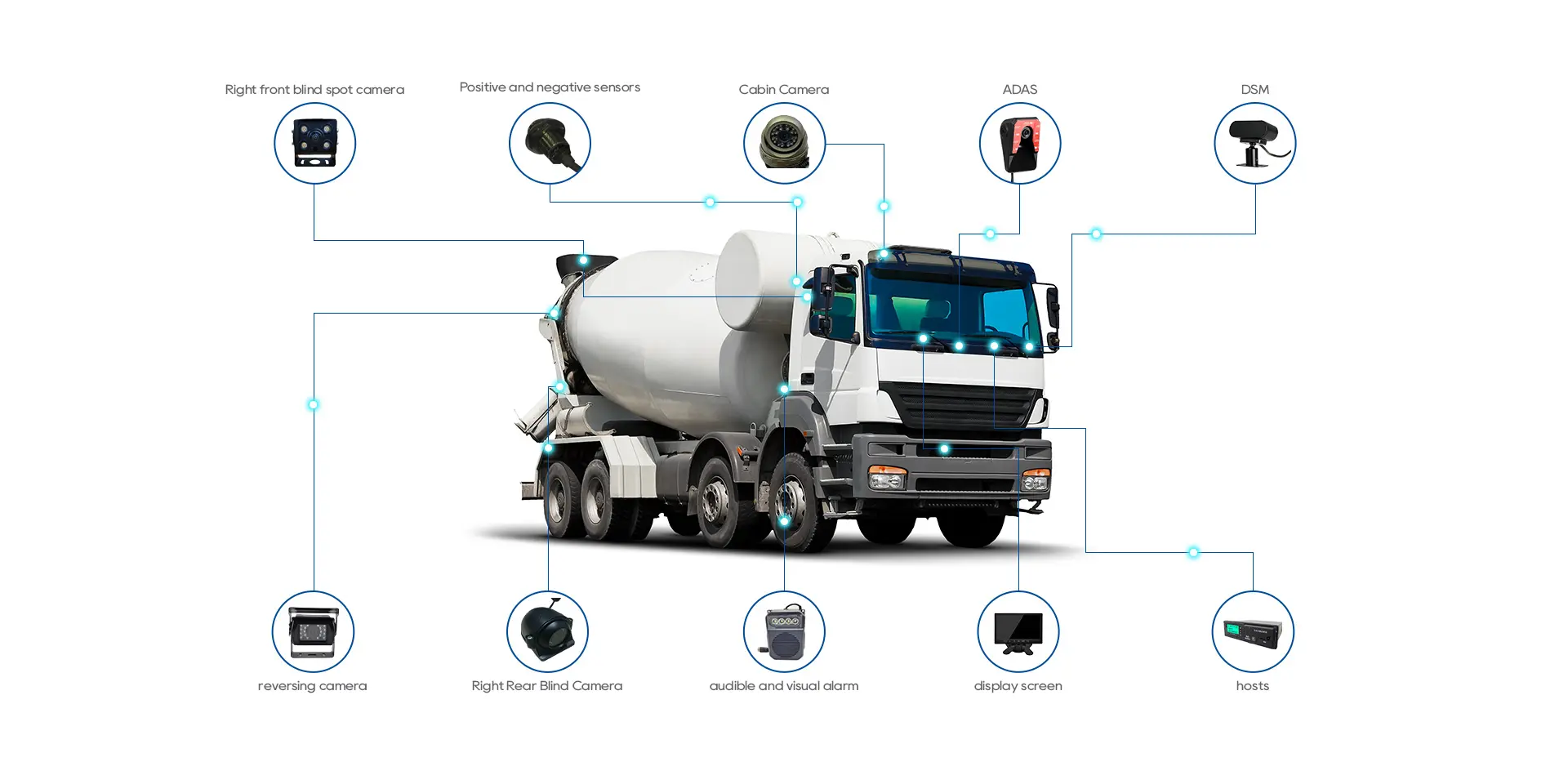Comprehensive Guide to Fleet GPS Tracking Systems
Fleet GPS Tracking Systems
Once your fleet vehicles leave a secure location—such as a yard or job site—monitoring their safety can quickly become overwhelming. If you’ve ever worried about fleet costs (like fuel consumption or driver efficiency), you’re not alone. Many business owners, operators, and fleet managers face the same challenges.
Fortunately, GPS tracking devices allow you to monitor the location and status of vehicles and assets in real time, helping to significantly alleviate these concerns.
Nearly 41% of adopters see ROI within the first year of deploying GPS trackers.

This guide is designed for business owners, supply chain professionals, fleet managers, and operations supervisors. It will help you understand the benefits of GPS tracking and choose the best solution for your business needs.
Introduction to Fleet GPS Tracking
What Is Fleet GPS Tracking?
Fleet GPS tracking systems use GPS devices installed on vehicles to provide real-time location monitoring and collect dynamic data, including routes, speed, and stop points.
System Components
1. GPS Tracking Device: Tracks vehicle location and speed.
2. Cellular Network: Transmits data to the cloud.
3. Fleet Management Software: Displays dashboards, reports, and maps to optimize fleet operations.
Top 5 Benefits of GPS Tracking
1. Increased Efficiency
1.1 Real-time driver and route monitoring
1.2 Automated reports on run time and idle time
1.3 Improved asset utilization and customer satisfaction
2. Enhanced Driver Safety
2.1Tracks driving behavior (e.g., speeding, harsh braking)
2.2Enables timely correction of unsafe practices
3. Cost Savings
3.1 Reduces fuel consumption and maintenance expenses
3.2 Minimizes wear and tear
4. Improved Customer Satisfaction
4.1 Real-time delivery/service status notifications
4.2 Shareable tracking links for customers
5. Theft Reduction
Real-time location sharing increases the chances of recovery
Key Features Explained
1. Real-Time Tracking
1.1 Live digital maps show fleet locations
1.2 Enhances dispatching and safety
1.3 Reduces idle and downtime
2. Geofencing
2.1 Create virtual boundaries that trigger alerts
2..2 Useful for security, timekeeping, and route monitoring
3. Driver Behavior Monitoring
3.1 Monitors speeding, harsh braking, and acceleration
3.2 Improves driving habits and lowers accident risks
4. Fuel Management
4.1 Tracks fuel usage and flags abnormal patterns
4.2 Optimizes routes and reduces idling
5. Maintenance Reminders
5.1 Automatically schedules maintenance alerts
5.2 Prevents costly repairs and extends vehicle life
6. ELD Compliance
6.1 Automatically records driver hours and data
6.2 Meets regulatory requirements and reduces penalties
Top GPS Tracking Companies in 2025
YUWEI GPS Trackers
1.Established Expertise: In operation since 1998, serving over 60,000 fleet businesses worldwide
2.Diverse Product Line:
2.1Real-time GPS trackers
2.2Electronic Logging Devices (ELDs)
2.3Dashcams
2.4Fuel and behavior analytics
3.Core Strengths: Mature technology, comprehensive support, and high customer satisfaction
Overall Advantages of Fleet GPS Tracking
Enhanced Safety
1. Fewer accidents
2. Corrects poor driving habits
Cost Reduction
1. Better fuel efficiency
2. Lower maintenance costs
Operational Efficiency
1. Optimized routing and dispatch
2. Real-time data for informed decision-making
Regulatory Compliance
1. Automatic logging for compliance
2. Detailed reporting to support operations
System Implementation & Employee Training
YUWEI provides comprehensive training:
1. Tailored courses for administrators and drivers
2. Training on report tools, behavior analysis, and more
3. User-friendly system: supports DIY installation and remote guidance
More : Taxi Dispatch Solution | Automotive Camera Suppliers | Taxi Fleet Management | Truck Blind Spot Camera

















































